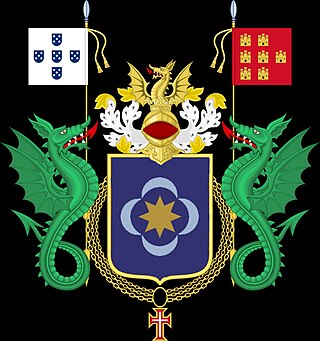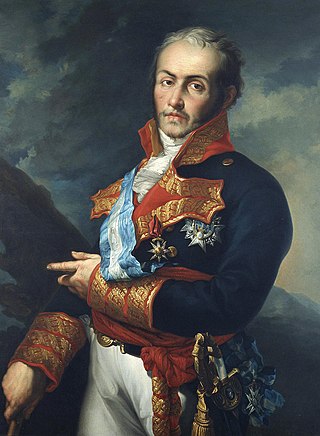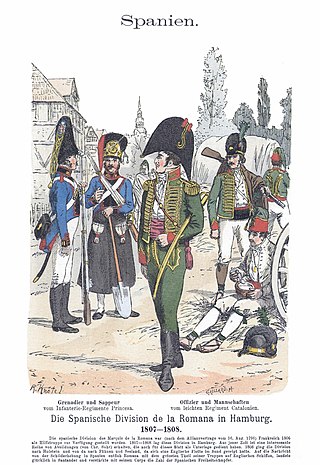Caro is a surname. Notable people with the surname include:

González is a Spanish surname of Germanic origin, the second most common in Spain, as well as one of the five most common surnames in Argentina, Chile, Mexico, Paraguay, and Venezuela, and one of the most common surnames in the entire Spanish-speaking world. As of 2017, it is the 13th most common surname in the United States.
Jiménez is a patronymic surname of Iberian origin, first appearing in the Basque lands.

Carvalho, meaning 'oak', is a Portuguese surname. Origin: Celtic toponymic, from (s)kerb(h)/karb.

Pedro Caro Sureda, 3rd Marquis of La Romana was a Spanish Army officer and nobleman who served in the French Revolutionary and Napoleonic Wars. His two younger brothers, José Caro Sureda, and Juan Caro Sureda also served in the Spanish army during the Peninsular War.
The Battle of Villafranca del Bierzo took place on 17 March 1809, during the French occupation of León in the Peninsular War. After a bloody four-hour siege the small and isolated French garrison at Villafranca surrendered to Spanish regulars under Brigadier José de Mendizábal and General Pedro Caro, 3rd Marquis of la Romana.

Diego del Alcázar Silvela is Grandee of Spain and the 10th Marquess of la Romana. Del Alcázar studied law, political sciences and business administration in the Complutense University of Madrid and the Sorbonne, Paris.

The Division of the North was a Spanish infantry division that existed in 1808.

José Joaquín Álvarez de Toledo y Silva, 18th Duke of Medina Sidonia, GE was a Spanish aristocrat and politician who served as Superior Chief of the Palace from 1885 until his death. He was a knight of the Real Maestranza de Caballería de Sevilla and of the Order of Alcántara.
Events from the year 1811 in Spain.

Maria Andresa Casamayor de La Coma was a Spanish mathematician, writer and Spanish girls' school teacher. She stood out for her mathematical thinking and work with numbers and made significant contributions to arithmetic, which at the time was considered the exclusive domain of men. She is one of the few 18th century Spanish women scientists and mathematicians whose work has been preserved, including María Pascuala Caro Sureda.
Bonet is a surname. Notable people with the name include:
Baroja is a surname. Notable people with the surname include:

Marquis of La Romana is a hereditary title in the Peerage of Spain accompanied by the dignity of Grandee, granted in 1739 by Philip V to José Caro, son of the Baron of the lordships of Moixent and Novelda.
José Caro Sureda (1764–1813) was a Spanish military commander, the younger brother of Pedro Caro Sureda, 3rd Marquis of La Romana.

Santa María Magdalena was a 38-gun Spanish frigate built at Ferrol, Galicia in 1773. She sank, together with another ship, the Palomo, in a storm off the coast of Galicia, Spain, 31 October/2 November 1810. Of the 508 people on board, 500 perished in the storm, including her captain, Blas Salcedo y Salcedo, and the commander-in-chief of the Expedition, Joaquín Zarauz. Of the eight that managed to reach shore, five later died of their injuries.
Juan Caro Sureda (1775–1826) was a Spanish military commander, the younger brother of Pedro Caro y Sureda, Marquis of La Romana, and José Caro Sureda.

Ventura Caro y Fontes (1731–1808) was a Spanish Captain general of the Army.
Pedro Caro Fontes y Maza de Lizana, 2nd Marquis de La Romana (1717–1775) was a Spanish military commander.